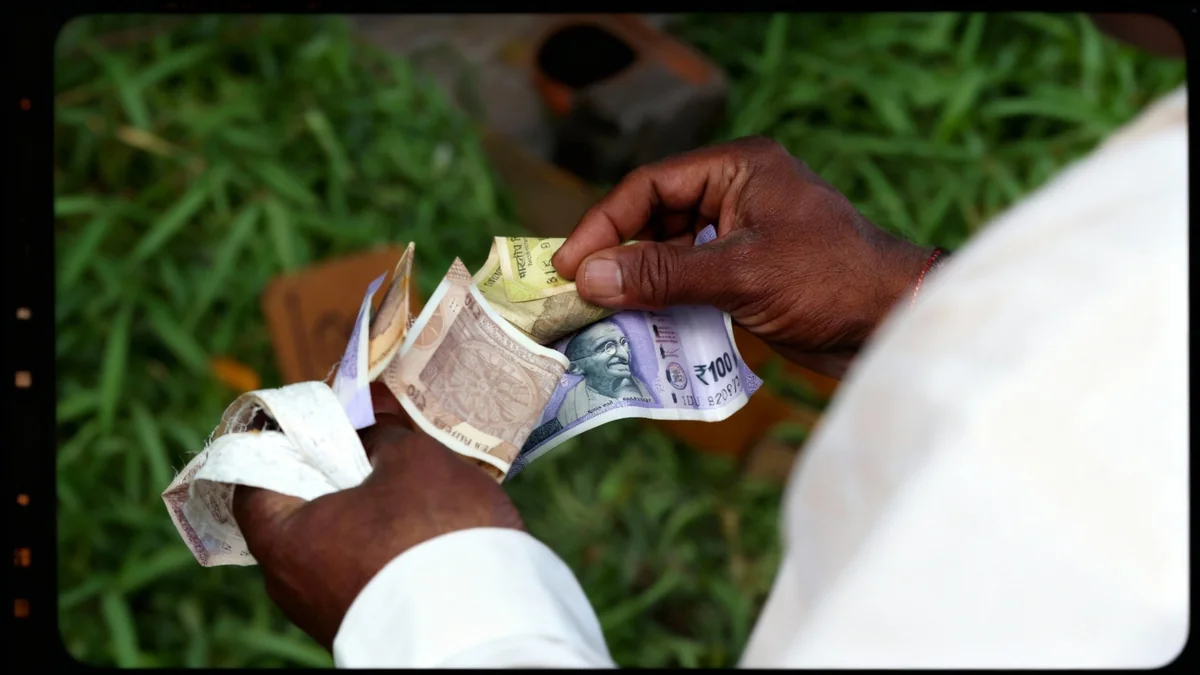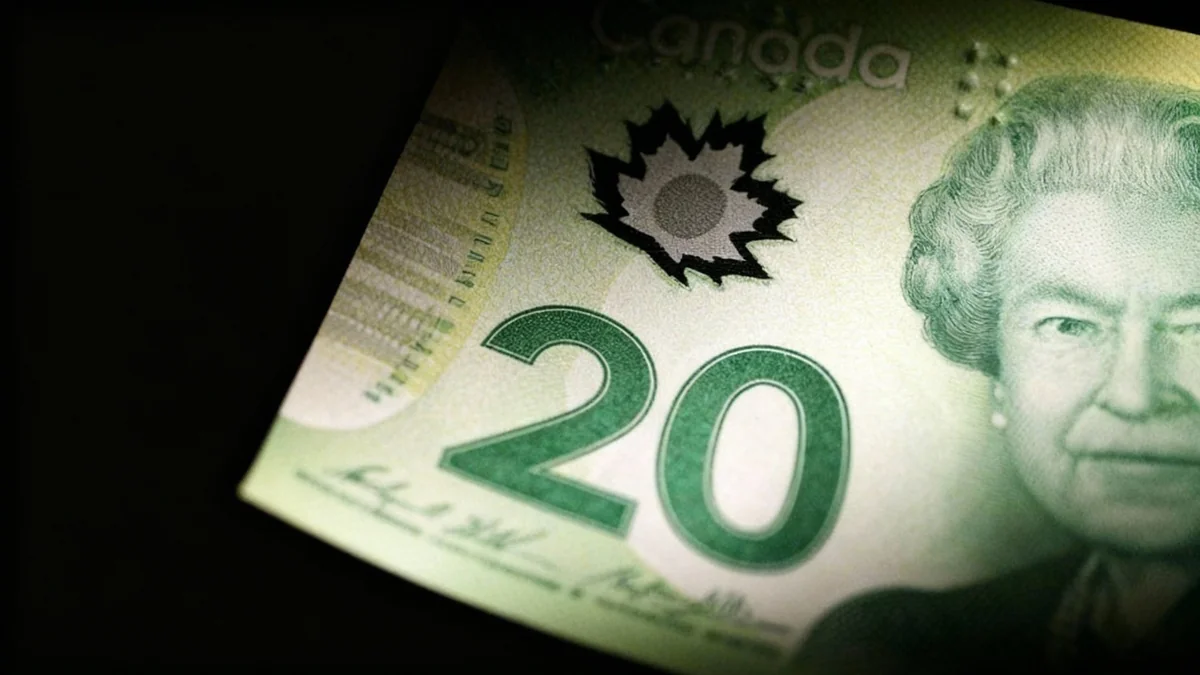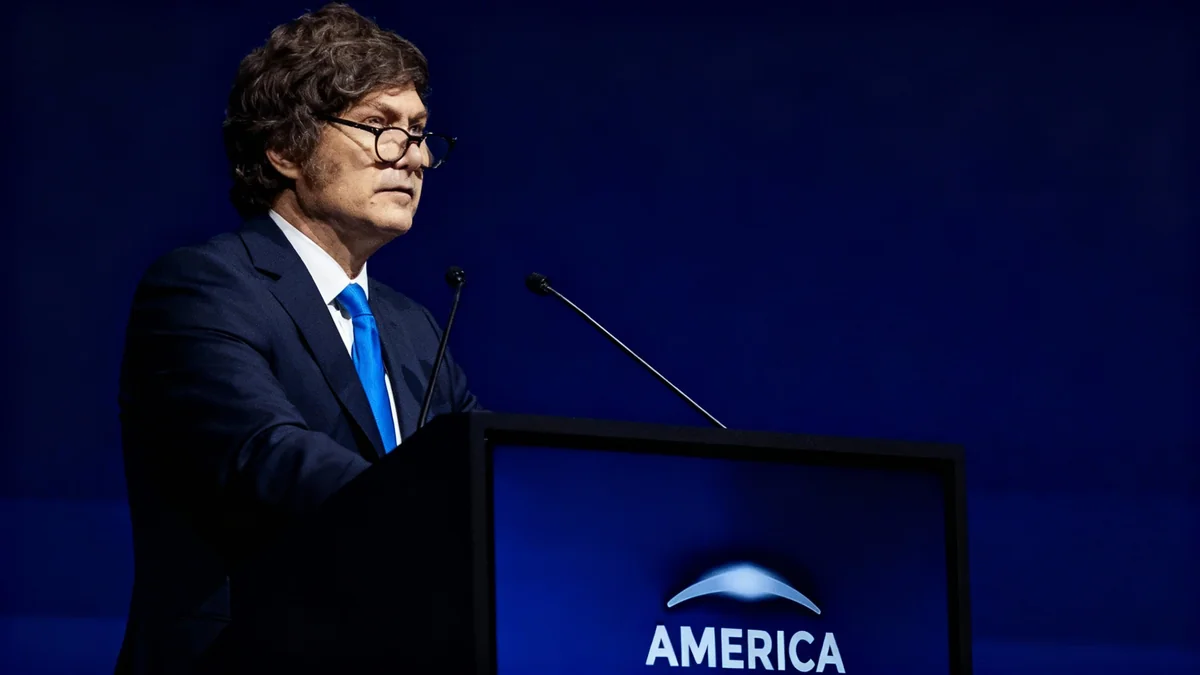The Bank of Japan (BOJ) announced a plan to begin selling its extensive holdings of exchange-traded funds (ETFs) and Japan real estate investment trusts (J-REITs) in a move that surprised financial markets. The policy board voted unanimously to unload approximately ¥335 billion ($2.4 billion) of these assets annually.
Following the announcement, Japanese stocks experienced immediate volatility. The Nikkei 225 stock index, which had reached a new record high earlier in the day, dropped by more than 1% as the news broke. The Japanese yen also strengthened against other major currencies.
Key Takeaways
- The Bank of Japan will sell approximately ¥330 billion in ETFs and ¥5 billion in J-REITs each year.
- The Nikkei 225 index fell over 1% immediately after the news, despite hitting an all-time high earlier.
- BOJ Governor Kazuo Ueda stated the slow pace of sales is designed to minimize market disruption, noting it would take over 100 years to sell the entire holding.
- In a separate decision, the central bank held its key policy rate steady at 0.5%, a move that was widely anticipated.
Details of the Asset Sale Program
The central bank's decision marks a significant, though gradual, shift in its long-standing monetary policy. The planned sales will consist of about ¥330 billion in ETFs and ¥5 billion in J-REITs per year. This initiative is part of a broader strategy to reduce the size of the BOJ's massive balance sheet, which expanded significantly over the past decade.
BOJ Governor Kazuo Ueda emphasized that the pace of the sales was intentionally set at a low level. During a news conference, he explained the primary goal was to avoid causing disruptive effects on the financial markets. He calculated that at the current rate, liquidating the entirety of the bank's ETF portfolio would take more than a century.
The governor also clarified that the timing of this decision was not linked to any specific stock market level or economic benchmark. Instead, it followed the completion of a separate program in July to sell stocks the bank had previously purchased from financial institutions.
A Legacy of Monetary Easing
The Bank of Japan began purchasing ETFs in 2010 as a key component of its aggressive monetary easing strategy to combat persistent deflation. This program was significantly expanded under former Governor Haruhiko Kuroda. As of this month, the book value of the central bank's ETF holdings stood at a staggering ¥37.1 trillion.
Market Reacts with Surprise
The announcement caught many traders and analysts off guard. The consensus was that the central bank might take a different approach to managing its ETF holdings. Masamichi Adachi, an economist at UBS Securities Japan, expressed his astonishment.
“I assumed in some way they would be transferred to the government instead. So I was surprised both by the decision to sell them and by the timing of the announcement — in both respects, it was a complete surprise,” Adachi stated.
The market's initial reaction reflected this surprise. The Nikkei 225 index reached a record high of 45,852.75 shortly after the market opened but reversed course sharply after the BOJ's announcement. The index ultimately closed the day down 0.57%.
Despite the initial drop, the market did not enter a state of freefall. “It’s not as if prices just plunged and kept collapsing. They bounced back a bit, then slipped again, but overall it doesn’t feel like a dramatic drop,” Adachi added, suggesting the market was processing the long-term, gradual nature of the plan.
Interest Rates Remain Unchanged Amid Uncertainty
In a separate but related development, the BOJ's policy board voted 7-2 to keep its key policy rate unchanged at 0.5%. This decision was widely expected by economists and aligned with survey data collected before the two-day policy meeting.
The decision to hold rates steady comes amid a mixed economic outlook. Two board members, Naoki Tamura and Hajime Takata, dissented from the majority, advocating for an immediate rate increase to address inflationary pressures.
Inflation Metrics
- Consumer Inflation (August): 2.7%, down from 3.1% in July.
- Core Consumer Inflation: 2.7%, falling below 3% for the first time in nine months but still above the BOJ's 2% target.
- Underlying Inflation (excluding fresh food and energy): 3.3%.
Despite the current hold, many analysts believe a rate hike is on the horizon. According to a Bloomberg survey, most BOJ watchers anticipate the central bank will raise rates by the end of January.
Political and Global Factors at Play
The central bank is also navigating a complex domestic political landscape and growing global economic risks. The upcoming leadership election for the ruling Liberal Democratic Party (LDP) introduces a layer of uncertainty. With Prime Minister Shigeru Ishiba stepping down, several candidates are vying to replace him.
One prominent candidate, Sanae Takaichi, is known for her support of expansionary fiscal policy and continued monetary easing. During a previous leadership race, she described the idea of raising interest rates as “stupid,” signaling a potential clash with the central bank's future direction should she win.
The BOJ's official statement also highlighted external risks. “It remains highly uncertain how trade and other policies in each jurisdiction will evolve and how overseas economic activity and prices will react to them," the bank noted. This cautious tone reflects concerns about the global economic environment, including recent policy changes by other major central banks like the U.S. Federal Reserve, which recently cut its policy rate by 0.25 percentage points.





